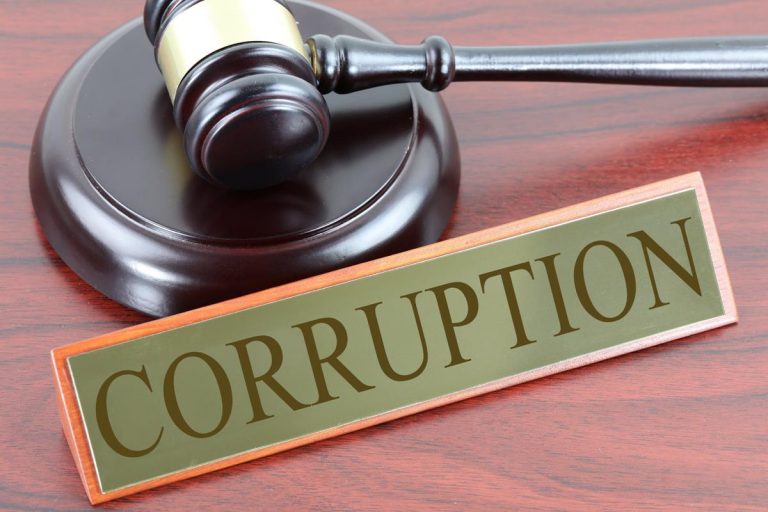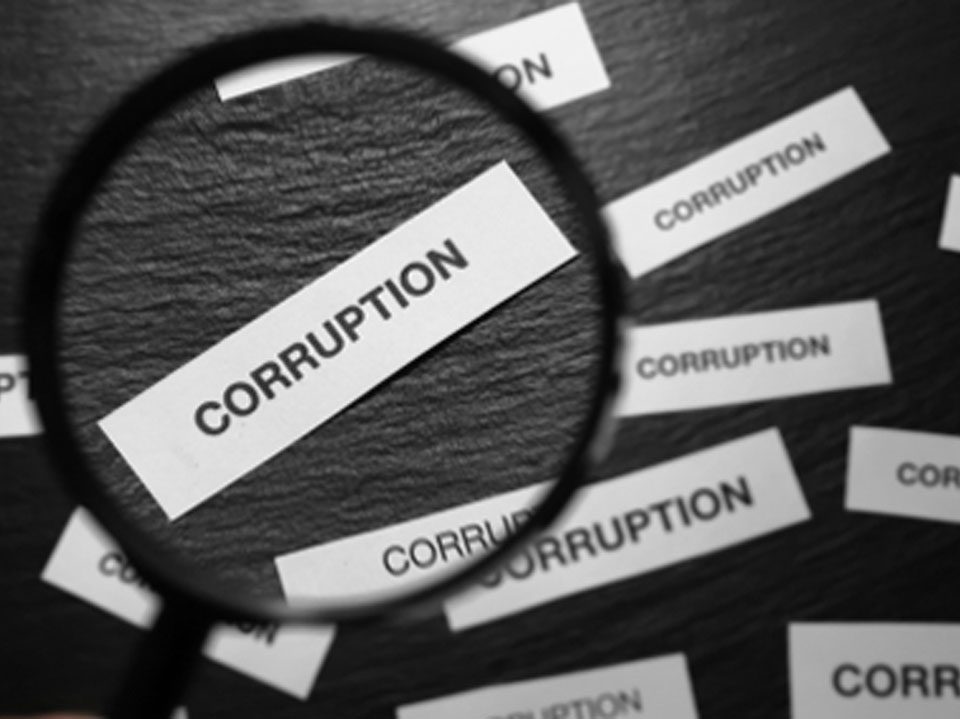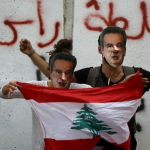
La résolution des affaires de détournement de fonds publics à l’étranger, une source d’espoir dans le suivi des dossiers de corruption libanais
3 September 2022
Le dossier juridique du Casino du Liban
17 September 2022Anti-bribery laws can be traced back to ancient civilizations. Highly influenced by moral and religious beliefs, old world rulers like Hammurabi (1810 – 1750 B.C.) and Horemheb (1550 – 1295 B.C.), wielded their pens and articulated their thoughts in The Code of Hammurabi (1755 – 1750 B.C.) and The Great Edict of Horemheb (1300 B.C.). These texts denounced bribery and corruption to sway the judgment of public officials, particularly in the judicial field. However, according to Kroeze, Vitória, and Geltner (2017), Rome started enacting a significant number of anti-bribery initiatives in the second century B.C with a significant increase in the frequency and severity of the punishments following Sulla’s constitutional amendments, making this city the first to have a trial of an election corruption.
In the late medieval period (1250 - 1350), the royal government tackled corruption and defined several anti-corruption laws, and judicial and administrative procedures.
In the modern era, 1960s and onwards, world-wide societies have been fighting corruption in its different aspects as it keeps thriving under public unconsciousness.
As Machiavelli defined it, corruption depicts the putrefaction affecting governments which divert from achieving the “common good”.
Despite the fact that there is no consensus on the definition of corruption and anti-corruption, a plethora of governments created their own laws and procedures to prevent and fight corruption while enhancing public confidence.
Middle East & North Africa
Jordan
The Jordanian Criminal Code in its section on Crimes against Official Duties and Law No. 16 of 1960, include bribery provisions and measures. For instance, under article 170 public officials who accept gifts or benefits as bribes are subjected to a sentence of imprisonment ranging from six months to two years .
Egypt
Numerous Egyptian laws contain anti-corruption measures, provisions and retributions. The Penal Code of Egypt in the section against the Internal Security of the State and articles 103 through 111 of Law No. 58 of 1937, deal with crimes and define bribery as a criminal conduct. They also include penalties that address theft and destruction of public funds. The Public Tenders, Law No. 9 of 1983 also has provisions that are related to bribery.
Iran
In 1925, Iran passed its first anti-corruption law. After that, the Law on Exerting Undue Influence was adopted in 1936. Undue influence is a crime for which the law prescribes a six-month to two-year sentence as well as the forfeiture of the gained profit. In December 1988, an all-encompassing anti-bribery law was adopted.
In its articles 588 through 596 of Book 5, Chapter 11, Bribery, Usury and Fraud, the Islamic Penal Code of Iran, ratified on May 22, 1996, addresses bribery crimes and prescribes penalties.
Kuwait
Articles 114 through 125 of the Penal Code of Kuwait of 1960, address provisions and measures related to bribery and corrupt practices of public authorities. Law No. 31 of 1970, strengthened the penalties for these crimes.
Law No. 2 of 2016 on Establishing Kuwait Anti-Corruption Authority and the Provisions on Disclosure of Assets and Liabilities, adds stricter and harsher measures to the current counter-corruption arsenal.
Morocco
The Moroccan Criminal Code in its section against corruption and exercise of influence and in the Ordinance No. 1-59-413 of 1962, addresses the penalties for the offense of bribery.
Tunisia
The Tunisian Penal Code, which was established by decree in 1913 and based on French law, deals with offenses involving bribery in its articles 83 through 94. Article 87, prescribes a sentence of imprisonment of five years for a “public or similar official who brags that he has influence and good connection with another official”.
Rest of Africa
African Union Convention on Preventing and Combating Corruption
Representing a consensus, the African Union Convention on Preventing and Combating Corruption that was adopted in 2003, addresses corruption in both the public and private domains. It “creates a general offense of corruption that is broadly defined”.
Thus, it criminalizes and prescribes different penelaities to domestic and international bribery, government property theft, the buying and selling of influence, illegal wealth accumulation, money laundering, and property concealing crimes.
Europe
France
Sapin II Law, entered on June 1st, 2017, is an anti-corruption law that promotes transparency, fights anti-corruption and modernizes the economy.
To identify and reduce corruption risks, the legislation mandates that businesses create anti-corruption programs. For instance, any person who offers a donation, a gift, or a reward with the intention of persuading a foreign public official to use their position or influence to achieve an unfair benefit is criminally liable under the Sapin II Law.
United Kingdom
The UK Bribery Act of 2010 establishes corporate responsibility for corrupt activities carried out by individuals operating on a company’s behalf. The Act forbids business-to-business bribery as well as the bribery of public officials.
With global jurisdiction, companies can be held accountable in the United Kingdom for any corruption perpetrated by staff members, agents, or subsidiaries anywhere in the world.
Germany
The primary anti-corruption legislation in Germany are the Law on Fighting Corruption, the Criminal Code which focuses on measures and provisions applied to persons, and the Administrative Offenses Act which mainly concentrates on the civil responsibility that some companies may face on offenses committed abroad.
Russia
With Russia’s Federal Anti-Corruption Law No. 273, Article 13.3, companies in Russia are required to implement anti-corruption compliance programs with anti-corruption measures. Otherwise, this could lead to heavy fines.
East Asia
China
The Anti-Unfair Competition Law of the PRC and the Criminal Law of the PRC are the main anti-corruption laws of China, making bribery punishable by both economic and administrative penalties and sanctions.
Known for its customs and tradition, this country has entertained delivering gifts, also known as Guan Xi, during business transactions as a long-standing custom. Therefore, a vigorous anti-corruption effort has been launched throughout the country, and enforcement is highly probable in the upcoming years.
Philippines
The primary anti-corruption law is the Republic Act No. 3019, also known as the Anti-Graft and Corrupt Practices Act.
Thus, persuading or inducing another public officer to act against rules and receiving gifts in connection with any contract or transaction between the government and any other party, are some examples of corrupt practices that may lead to a sentence of imprisonment .
India
The main anti-corruption legislation in India is the Prevention of Corruption Act, 1988. It was amended in 2018 to criminalize giving and or receiving bribes.
In 2013, the Lokpal and Lokayuktas Act were enacted. It is an anti-corruption Act of the Indian Parliament that extends to the entire country.
America
Canada
The Corruption of Foreign Public Officials Act, is the Canadian legislation that prevents bribery and corrupt acts. Thus, it criminalizes the act of persons or companies that bribe foreign public officials to gain a business advantage.
United States
The most frequently implemented anti-corruption law is the US Foreign Corrupt Practices Act (FCPA) of 1977.
It is the first to include corporate liability, responsibility for third parties, and extraterritoriality for corruption offenses, meaning organizations and individuals may be subject to both criminal and civil penalties for foreign corruption charges.
Brazil
According to Brazil’s Clean Company Act, 2014 (Law No, 12 846), companies may be held responsible for their employees’ corrupt acts.
Strict civil and administrative penalties are provided by this act. The Brazilian Criminal Code prescribes the domestic criminal penalties.
International Organization
OECD Anti-Bribery Convention
Foreign public official bribery is addressed by the 1997 adopted OECD Convention on Combating Bribery of Foreign Public Officials in International Business Transactions (OECD Convention).
Its main objective is to level the playing field for OECD nations by holding them to the same criminal standards.
United Nations Convention
The most comprehensive anti-corruption convention is the United Nations Convention against Corruption (UNCAC), which went into effect in December 2005 . It includes a broad range of corruption charges, such as bribery on both the domestic and international levels, embezzlement, trading in influence, and money laundering.
State Parties are required to implement a range of both public and private anti-corruption measures per the UNCAC rules.









